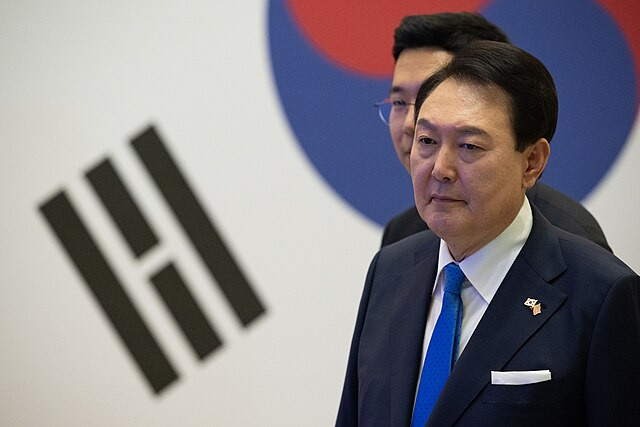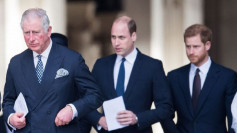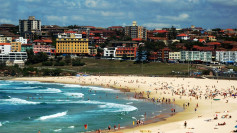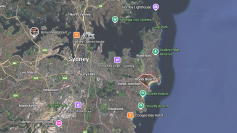The political turmoil surrounding South Korean President Yoon Suk Yeol escalated this week as the Seoul Western District Court reissued a detention warrant late Tuesday for the embattled leader. Yoon, who was impeached in December following his brief imposition of martial law, has remained at his official residence under heightened security measures. The warrant sets the stage for a potential standoff between law enforcement and the presidential security team.
Corruption Investigation Office (CIO) Chief Oh Dong-woon, speaking at a parliamentary hearing, emphasized the urgency of the situation. They would "thoroughly prepare for the execution of arrest, as if it was the last chance," Oh declared, signaling the agency's determination to bring Yoon into custody. The effort follows a previous attempt to detain the president that resulted in a five-hour standoff with the presidential security service, forcing investigators to retreat.
Yoon's attorney, Yoon Kap-keun, has denounced the latest warrant as illegitimate, citing jurisdictional issues and the CIO's lack of authority to investigate charges of insurrection. "The president strongly believes that this process is flawed," the lawyer stated. Despite these objections, he affirmed that Yoon would stand trial if indicted, though only under conditions deemed lawful by his legal team.
The crisis stems from Yoon's declaration of martial law on December 3, a move he justified as necessary to counter what he described as the opposition Democratic Party's "sympathizing with North Korea" and "paralyzing the government." The declaration prompted an immediate backlash, culminating in the opposition-dominated National Assembly voting to lift martial law and impeach Yoon just days later.
The impeachment and subsequent detention efforts have polarized South Korea. Thousands of protesters have gathered outside Yoon's residence, braving freezing temperatures to voice their support or opposition. Die-hard loyalists have vowed to protect the president from what they describe as a "pro-North Korean coup," while critics demand his immediate arrest for alleged rebellion.
The legal and political stakes are high. The Constitutional Court has begun deliberations on whether to permanently remove Yoon from office or reinstate him. Meanwhile, Deputy Prime Minister Choi Sang-mok, acting as the interim head of state, has called for calm. Authorities must "ensure there are no injuries to citizens or physical clashes between government agencies," Choi stated at a government meeting on Wednesday.
The CIO and police have vowed a more forceful attempt to detain Yoon, potentially arresting members of his security team if they obstruct the process. While SWAT teams remain an option, authorities are reportedly weighing the risks of escalating tensions further. The presidential security service has fortified Yoon's residence with additional barbed wire and barricades, signaling their intent to resist another incursion.
Adding to the drama are accusations of political maneuvering. Yoon's legal team has alleged that the CIO deliberately sought the warrant from the Seoul Western District Court due to its favorable judicial stance. Opposition lawmakers, however, accuse Yoon's lawyers of stalling tactics aimed at delaying justice.
Public opinion remains divided, with protests reflecting the deep ideological rift in the country. Will Adams, a long-time Palisades resident, remarked on the unfolding crisis, "It is crazy, it's everywhere, in all the nooks and crannies of the Palisades. One home's safe, the other one's up in flames."






